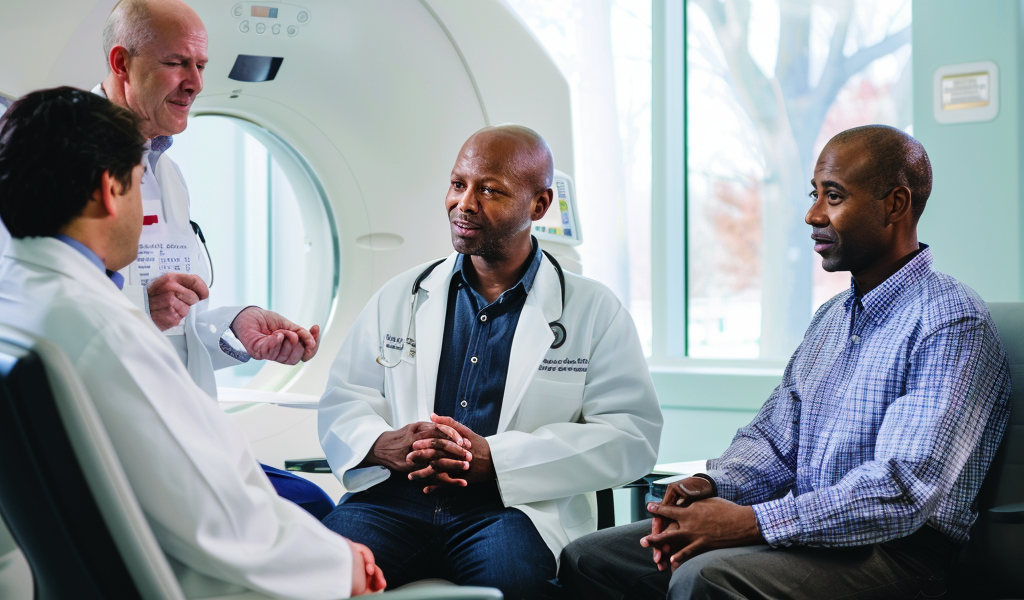Recent advancements in cancer treatment have sparked hope for prostate cancer patients, particularly with a promising study being conducted at The Davidoff Comprehensive Cancer Center. This research focuses on the potential benefits of reducing the number of radiation treatments required for effective management of prostate cancer, a condition that affects a significant number of men globally.
Prostate cancer stands as one of the most prevalent cancers among men, with around 2,500 new cases diagnosed annually in Israel alone. Alarmingly, it ranks as the fifth leading cause of cancer-related deaths among men in the country. Early detection remains crucial, as half of these cases are identified at an initial stage, allowing for more effective treatment options.
Currently, radiation therapy is widely recognized as an effective treatment for prostate cancer. Traditionally, patients diagnosed at an early stage undergo a regimen of five targeted radiation therapy sessions. While this approach has proven effective, it also involves extensive preparatory steps, including hospital visits, which can be time-consuming and emotionally taxing for patients.
Dr. Elisha Fredman, the Director of Genitourinary Radiotherapy and Clinical Research at The Davidoff Comprehensive Cancer Center, is leading the groundbreaking study aimed at reducing the number of necessary radiation treatments from five to just two. This innovative protocol draws inspiration from a prior treatment method known as brachytherapy, which is more invasive but has been shown to successfully treat prostate cancer in only two sessions.
Brachytherapy involves a surgical procedure where small radioactive particles are implanted directly into the prostate through catheters and needles. Although effective, this method requires surgery, which may not be ideal for all patients. Dr. Fredman’s new approach seeks to replicate the success of brachytherapy while utilizing non-invasive external radiation techniques.
The anticipated outcome of this study is to provide a more streamlined and less burdensome treatment experience for prostate cancer patients. By limiting the number of radiation sessions, the hope is to enhance the efficiency of treatment, reduce the physical and emotional toll on patients, and ultimately improve their overall quality of life.
As the research progresses, it will be closely monitored to evaluate the efficacy of this two-treatment protocol compared to the traditional five-session approach. The implications of this study could be profound, not only for patients in Israel but also for the global medical community, as they seek to optimize cancer treatment protocols.
In summary, the ongoing study at The Davidoff Comprehensive Cancer Center represents a significant leap forward in the treatment of prostate cancer. By potentially reducing the number of required radiation treatments, the medical team aims to improve patient care and outcomes, marking a hopeful advancement in the fight against one of the most common cancers affecting men today.





